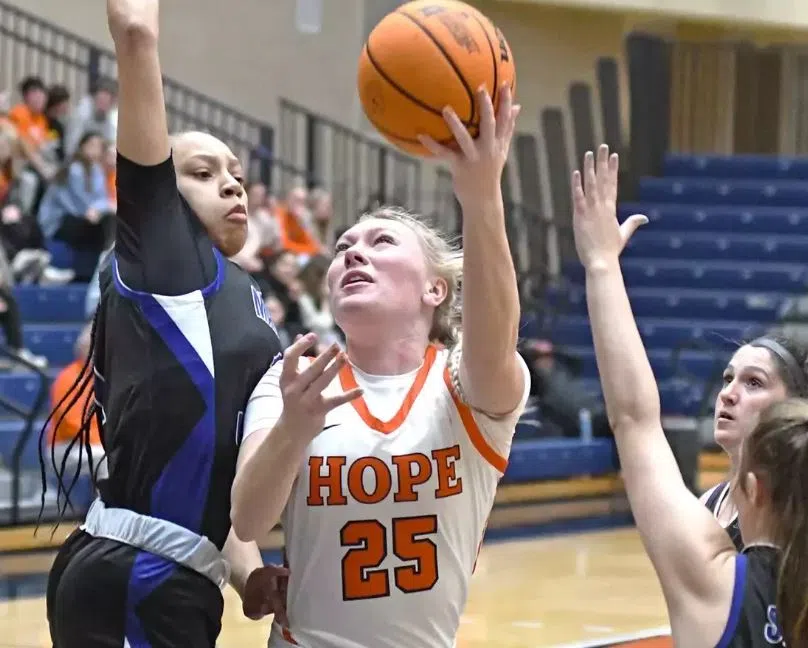By Olesya Astakhova, Polina Ivanova and Maria Vasilyeva
MOSCOW (Reuters) – A black market in fake vaccination certificates is thriving in Russia after Moscow city authorities ordered all public-facing workers to be vaccinated against COVID-19.
Adverts for illegal false certificates are easily found on the Telegram messenger app, targeting unvaccinated Russians who want to avoid shots but keep their jobs. Prices are rising fast and demand appears to be growing.
Moscow and several Russian regions have resorted to tough measures to encourage people to get vaccinated because of a new rise in coronavirus infections blamed by the Kremlin on the more infectious Delta variant.
Aimed at increasing Russia’s slow vaccination rate, the new steps are also driving some people towards the online black market. Moscow health authorities say they are watching closely but have not yet identified any false certificates.
Five months into the vaccination campaign, only 18 million Russians out of a population of about 144 million had received at least one vaccine dose by June 2.
Last week, city authorities in Moscow gave employers in public services a month to ensure 60% of their staff had been vaccinated or face a fine.
This week, Moscow’s mayor ordered bars and restaurants in the capital to serve people only if they have been vaccinated or have had an infection indicating immunity. Unvaccinated people are to be refused non-emergency hospital treatment.
Within days of the warning to Moscow public-service employers, Google searches for “buy a vaccination certificate” in the Moscow area increased tenfold, said data analyst Boris Ovchinnikov, co-founder of an internet analytics agency.
Searches for where to get a shot in Moscow rose by only 2.5 times, he said.
A public sector worker who bought illegal fake certificates for himself and his wife two months ago said they had paid 5,000 roubles ($69) each. They were also entered on the official online register of vaccinated people, he said.
Last week, his colleague approached the same black market seller, he said, but was told the price had risen to at least 15,000 roubles.
Another Moscow resident was offered a certificate and an entry on the official online register for 10,000 roubles, a screenshot of the exchange, shared with Reuters, showed. The seller added 2,000 roubles for delivery to the buyer’s door.
RESISTANCE
Many Russians have resisted the government’s attempts to coax and compel them to get a vaccine.
At just one-eighth of the population, the vaccination rate is far lower than in most Western countries even though Russia has produced its own vaccine – Sputnik V.
Russians often cite a fear of new medical products and their fears are compounded by widespread mistrust of authorities and negative media reports about foreign-made vaccines.
One woman who said she bought a fake certificate in May and also received an entry in the official register via a doctor acquaintance said she believed the vaccine dose she should have taken was poured away.
Moscow police said in a statement last Friday they had opened 24 criminal cases against producers of fake vaccination certificates.
Moscow’s health department said it checks every report of illegal vaccine certificates but added: “To date, not a single case of the illegal issuance of certificates by employees of institutions subordinate to the Department of Health has been presented by either patients or the media.”
Anyone caught providing such certificates would be subject to criminal proceedings, it said.
A survey of over 1,600 company managers in Moscow and the Moscow region by the Action-MCFR consultancy found that more one in four believed vaccination should not be mandatory and wanted to avoid complying with the order.
About 6% said they would resort to fake certificates to get around the problem.
($1 = 72.6241 roubles)
(Reporting by Olesya Astakhova, Polina Ivanova and Maria Vasilyeva; Writing by Polina Ivanova, Editing by Timothy Heritage)






